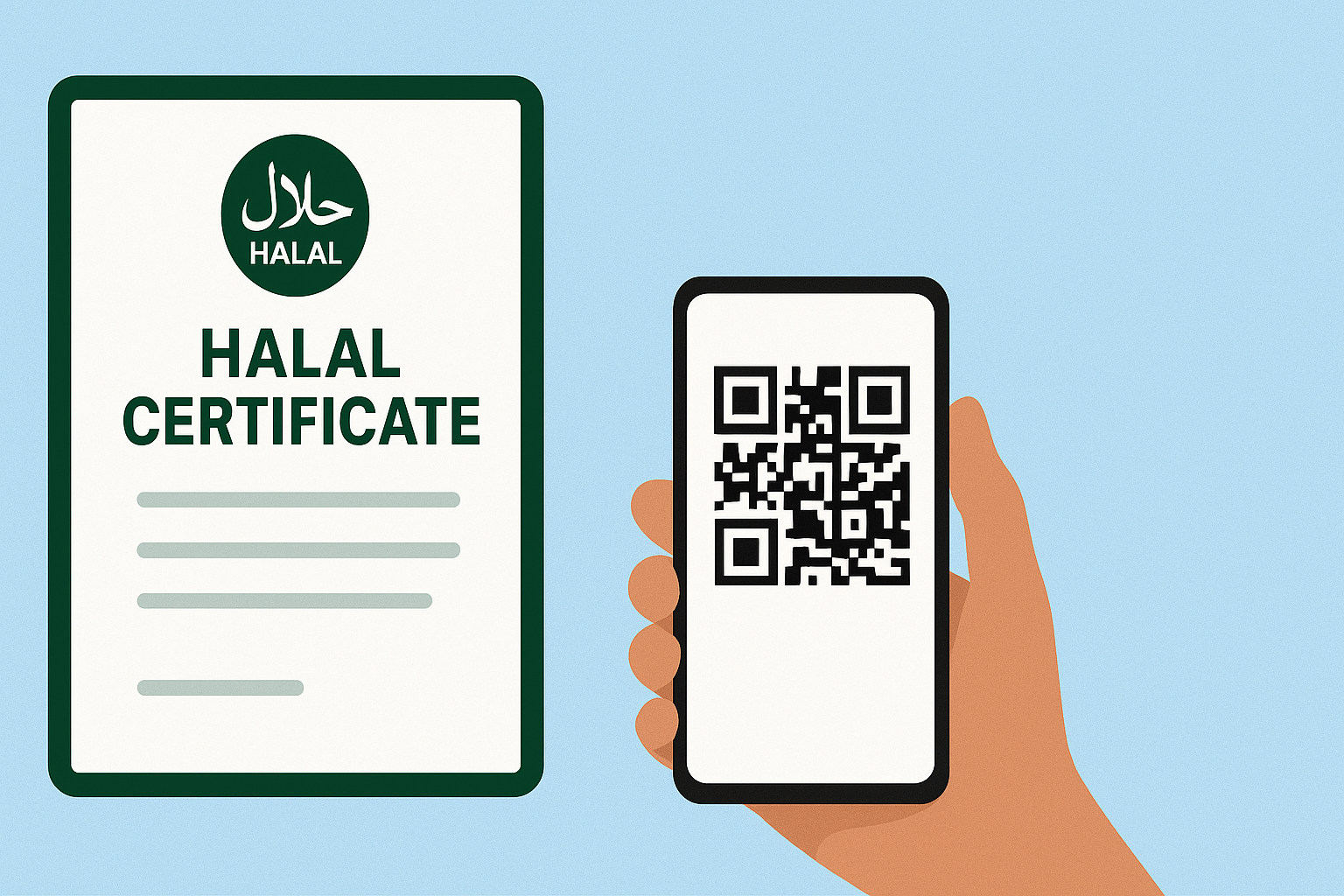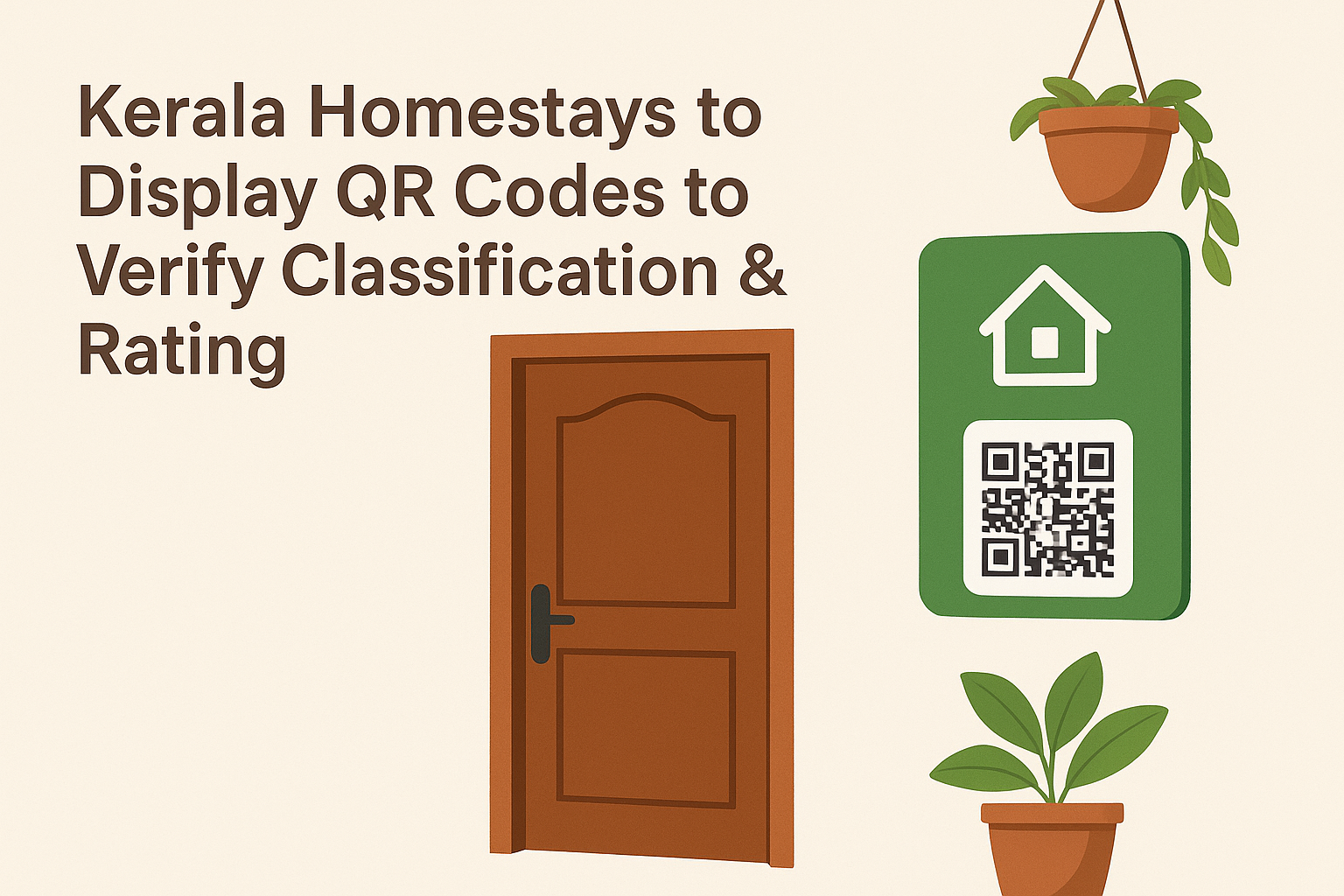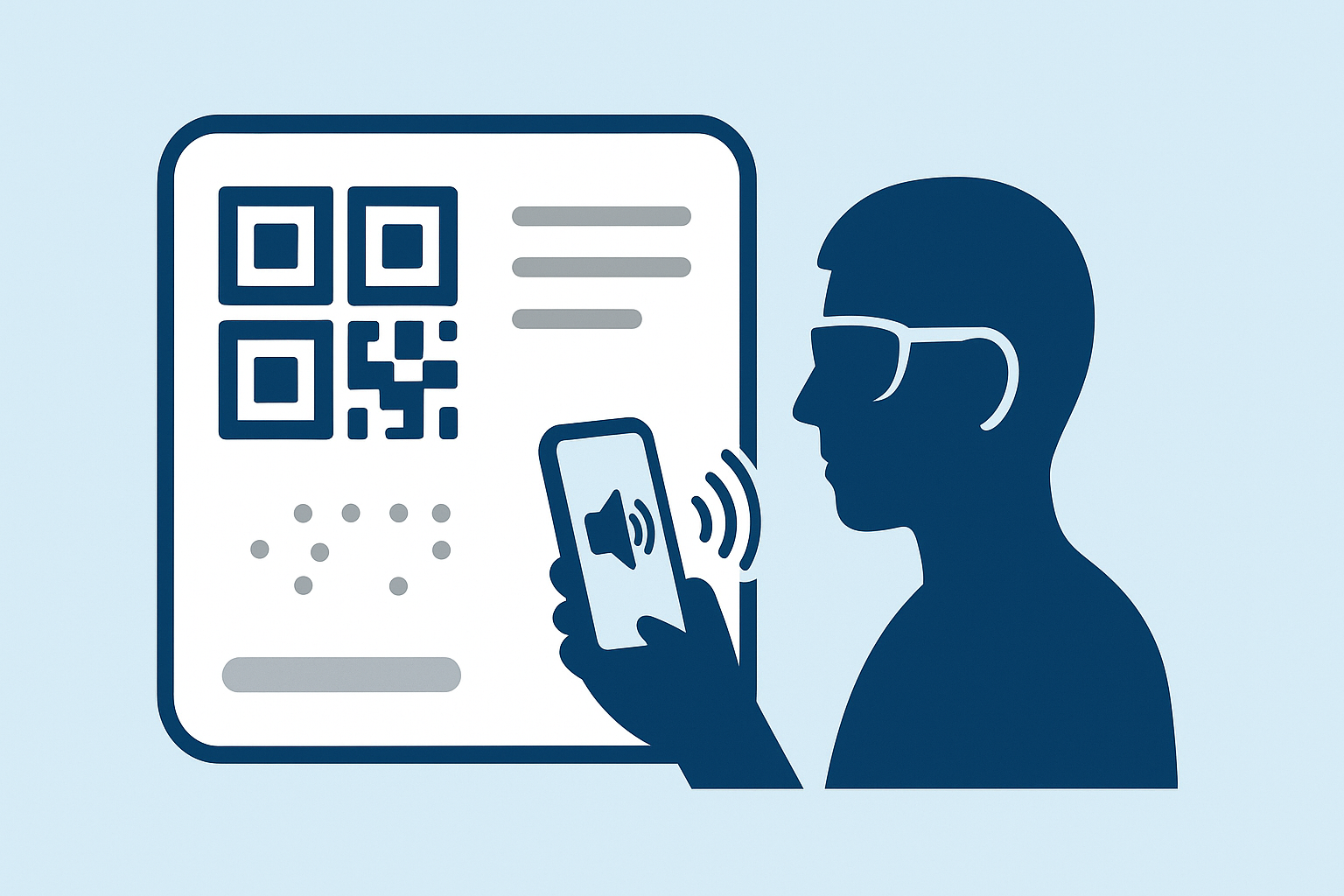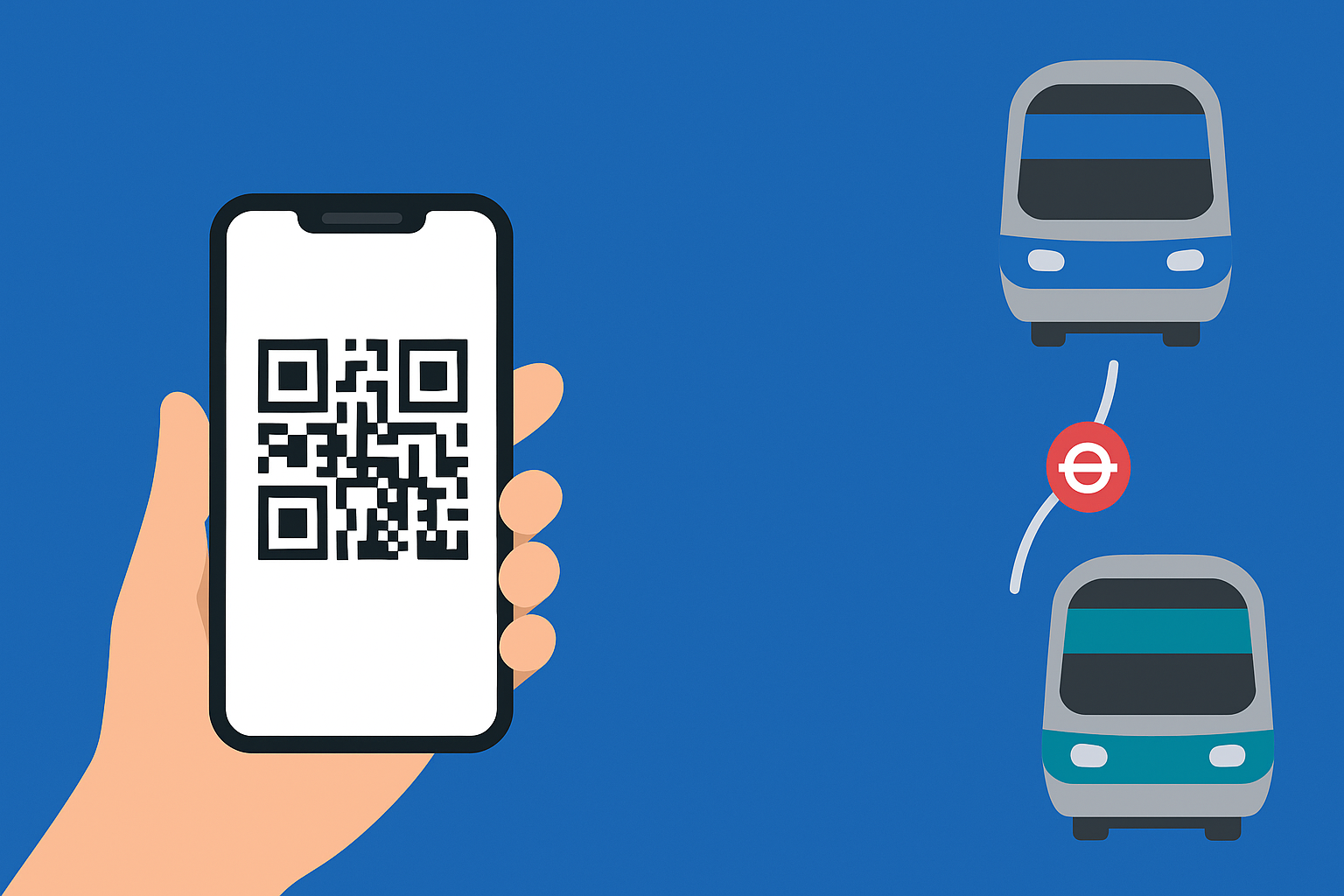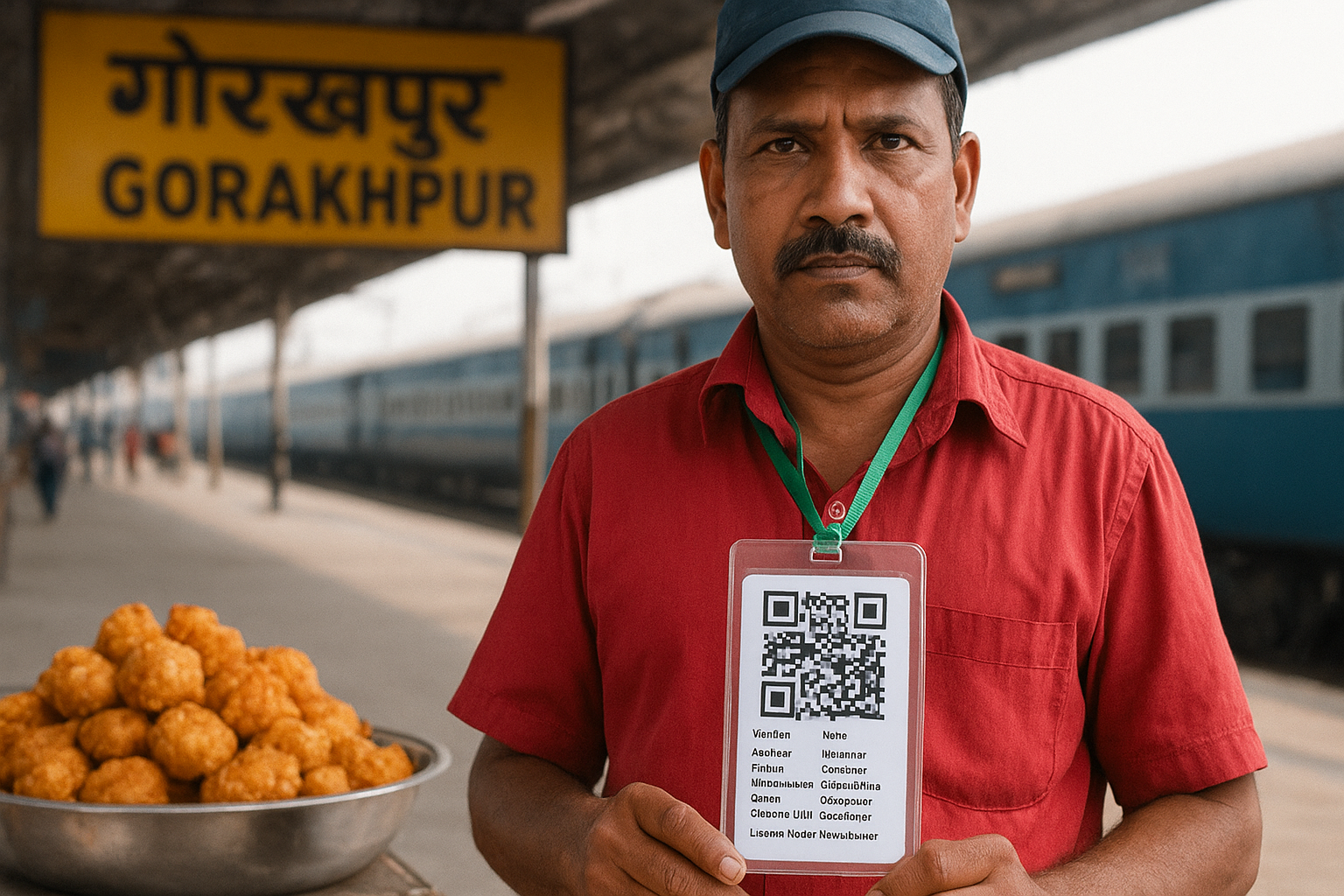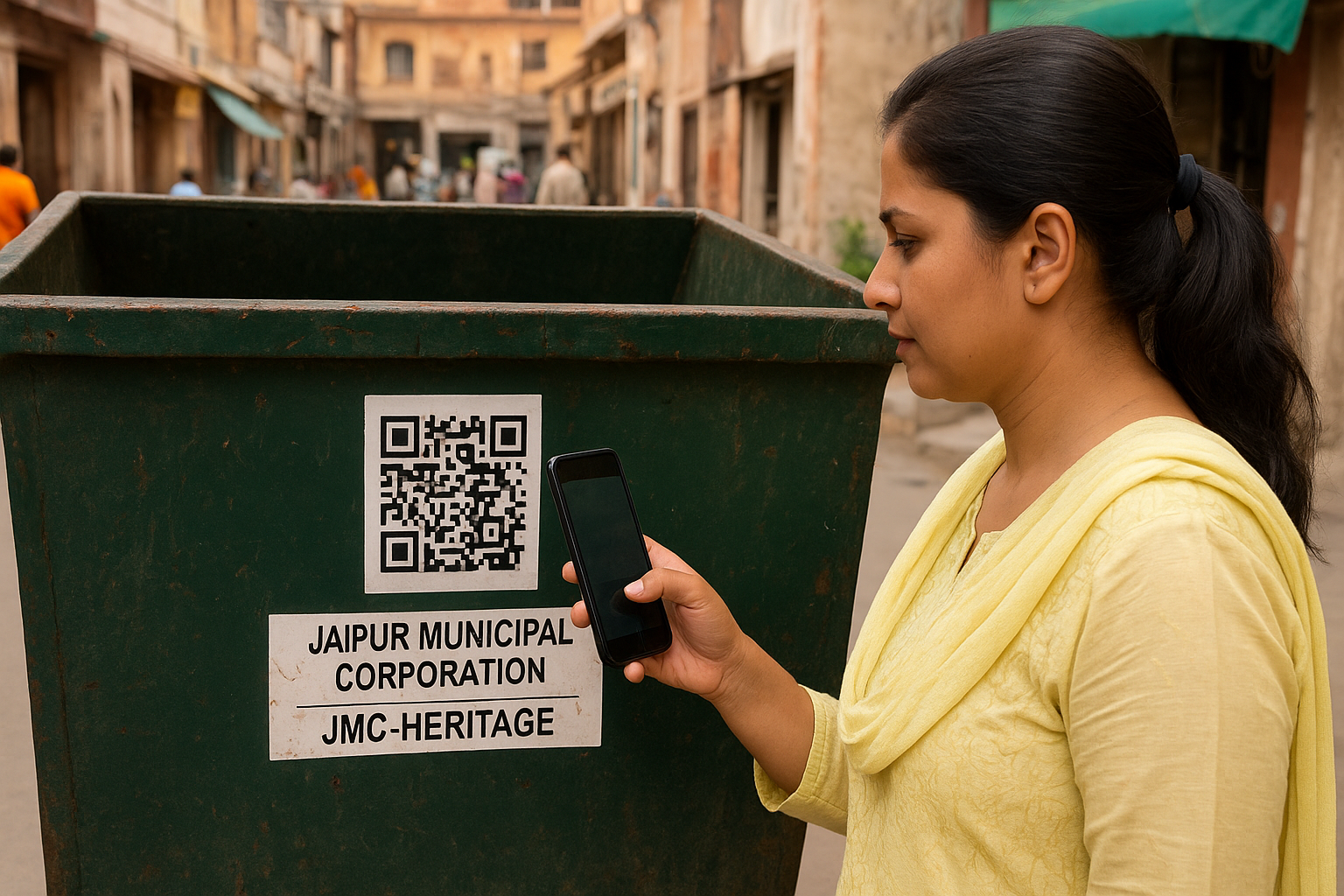Quick Summary
Singapore's Islamic Religious Council (MUIS) will issue digital halal certificates with QR codes from 1 October 2025. Paper certificates stay valid until March 2026, after which all establishments must display the digital version. A revamped portal now recognises foreign halal certification bodies faster.
Table of Contents
1. What Are the New Digital Halal Certificates?
- MUIS will issue digital certificates containing QR codes that, when scanned, reveal the establishment details, certification type, and validity.
- The digital certificates cover restaurants, cafés, caterers, central kitchens, manufacturing plants, and poultry abattoirs.
2. Why Is Singapore Making the Change?
- To enhance transparency and integrity in halal certification, preventing misuse or forgery.
- To streamline administration, as digital certificates are easier to issue, update, and verify.
- To support consumer confidence in halal food, especially in import-dependent Singapore.
3. Details of the Transition Period
- Businesses will start receiving QR-coded certificates from 1 October 2025.
- Existing paper certificates remain valid until March 2026, after which digital certificates become mandatory.
4. Foreign Halal Certification Bodies: New Recognition Framework
- Foreign certification bodies must apply through a new online portal starting 1 October 2025.
- Processing times will shrink from at least six months to a maximum of three months.
- Updated fees include an application fee of S$1,000, recognition fee of S$2,000, assessment fee of S$120, and potential audit fees of S$700 per man-day.
- Existing recognised bodies receive a temporary extension until January 2026 to meet the new requirements.
5. Implications for Businesses and Consumers
For Businesses
- Prepare to display digital certificates and update internal processes.
- Foreign bodies should budget for new fees and audits.
- Ensure staff understand the QR verification system for customer queries.
For Consumers
- Scan QR codes to confirm certificate legitimacy in real time.
- Reduced risk of dining at establishments with expired or falsified certificates.
- Greater confidence in halal imports recognised under the revamped framework.
6. Conclusion
Singapore's shift to QR-enabled halal certification aligns with global digital governance trends. By making verification immediate and transparent while modernising foreign recognition, MUIS enhances trust in the halal ecosystem. Businesses should plan for the transition, and consumers can look forward to simpler, more reliable verification of halal credentials.


